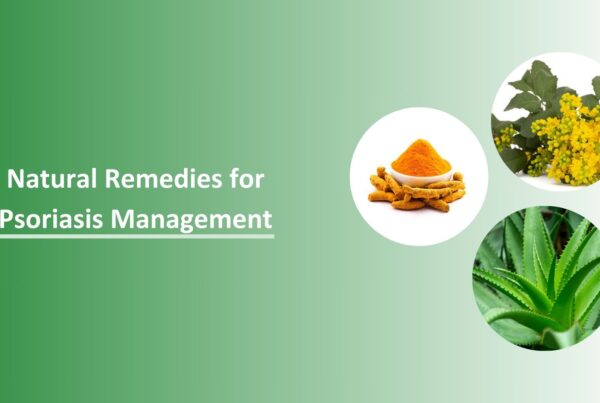Introduction
Psoriasis is a chronic autoimmune skin condition that significantly impacts daily life. The physical discomfort of flare-ups and the emotional challenges of a visible skin condition present unique difficulties for those affected. However, with effective coping strategies and proper support, individuals can manage psoriasis and enhance their overall well-being.
The Physical Challenges of Psoriasis
Psoriasis is characterized by red, scaly patches on the skin that can be itchy, painful, and unsightly. These symptoms can make everyday tasks, such as getting dressed, bathing, or even sleeping, difficult and uncomfortable. The unpredictable nature of psoriasis flare-ups can also be frustrating, as individuals may never know when the next outbreak will occur.
The Emotional Toll of Psoriasis
In addition to the physical symptoms, psoriasis can also take a significant emotional toll. The visible nature of the condition can lead to feelings of self-consciousness, embarrassment, and even social isolation. Many individuals with psoriasis report experiencing depression, anxiety, and a decreased sense of self-confidence.
Dietary Strategies for Managing Psoriasis Symptoms
Diet plays a crucial role in managing psoriasis symptoms. Omega-3 fatty acids (found in fatty fish, flaxseeds, chia seeds, and plant-based oils) and antioxidants (found in berries, leafy greens, nuts, and seeds) help reduce inflammation. Vitamin D (from fatty fish, fortified products, mushrooms, and egg yolks) supports skin health, while probiotics (in yogurt, kefir, kombucha, and fermented foods) improve gut health and immune function. It’s essential to avoid trigger foods like gluten, dairy, processed meats, and high-sugar foods. Staying hydrated with at least eight glasses of water daily is also important for maintaining healthy skin.
Coping Strategies for Psoriasis
Individuals with psoriasis can manage their condition and improve well-being through several strategies:
- Develop a Comprehensive Treatment Plan: Collaborate with a dermatologist to create a personalized plan, including medication, topical treatments, and lifestyle changes, to manage symptoms and prevent flare-ups.
- Practice Stress Management: Since stress triggers flare-ups, employ relaxation techniques like meditation, yoga, or other stress-reducing activities.
- Maintain a Healthy Lifestyle: Eating a balanced diet, exercising regularly, and getting enough sleep can all help support the body’s natural healing processes and reduce the severity of psoriasis symptoms.
- Seek Emotional Support: Join a support group or consult a mental health professional to cope with emotional challenges and build self-confidence and resilience.
- Advocate for Yourself: Educate those around you about psoriasis to reduce stigma and advocate for access to effective treatments to ensure proper care.
Conclusion
Living with psoriasis can be a daily challenge, but with the right coping strategies and support, individuals can learn to manage their condition and improve their overall quality of life. By addressing both the physical and emotional aspects of the condition, individuals with psoriasis can take control of their health and find ways to thrive despite the challenges they face.
Written By
Aswini PriyaMedical Content Writer
Reviewed By
Dr. AnchalMedico Expert
Last Updated
5 June 2024 | 09:00 AM (IST)










